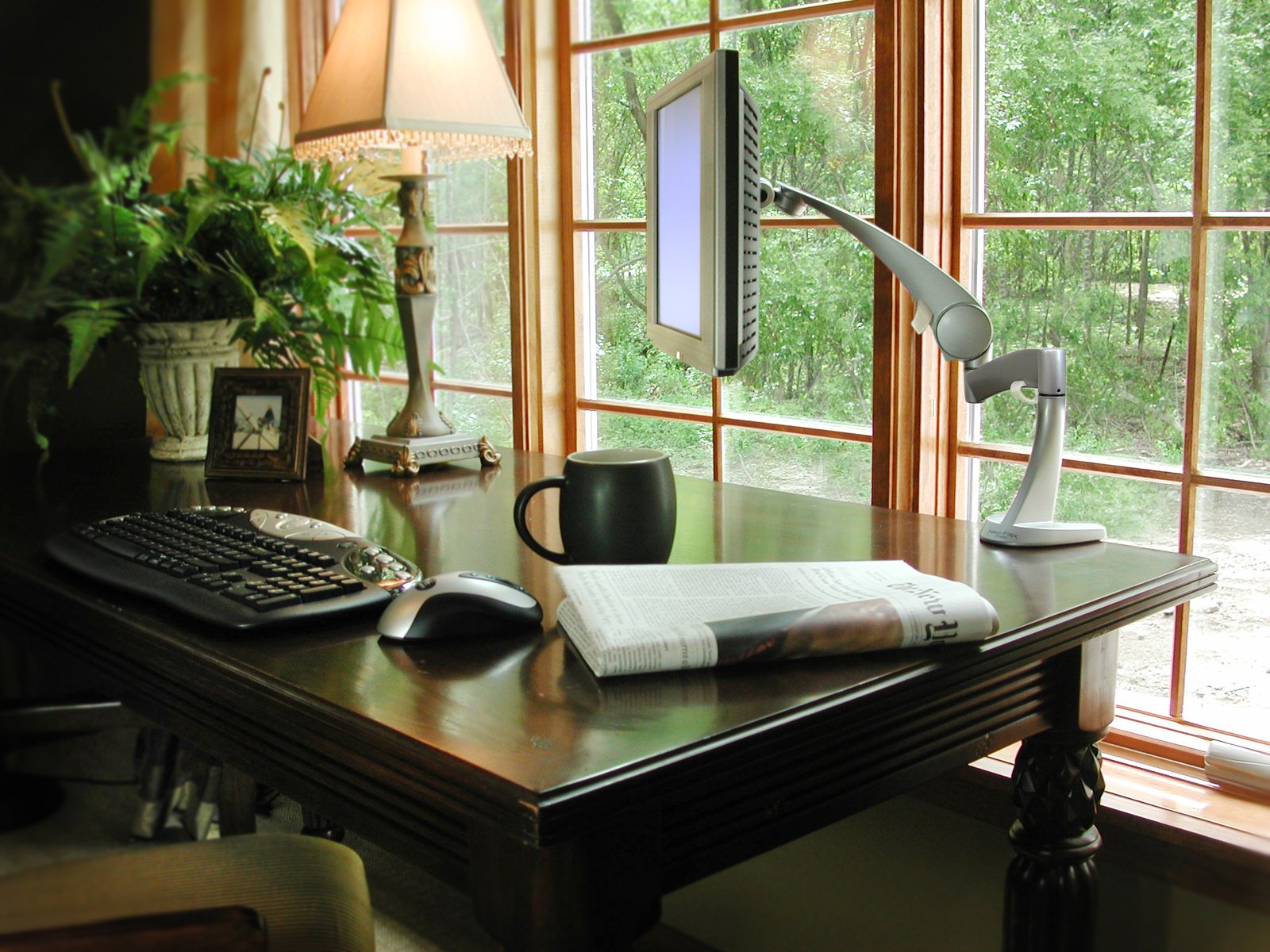

HAVING spoken to a number of people who work "remotely" (from home, i.e. locally) and having read about experiences of EPO workers, it seems clear that most employers typically want something in return for the 'favour' of "remote work" (like decrease in compensation or longer working hours/availability). Benoît Battistelli canceled many holidays and António Campinos gets people to work all night long while home-schooling/teaching. There's no time off per se; people are always 'at work' (granting lots of patents of questionable quality, e.g. software patents that even the USPTO can no longer grant so easily, thanks primarily to Alice/35 U.S.C. €§ 101)
"It does not matter if one works from the garden or the garage or the bedroom, basement, home office etc. The rules remain pretty much the same and -- to use EPO terminology -- "production targets" stay the same."I've just posted a little prose about "Glass and Metal Cages" or cheaply-made office buildings designed to accommodate people quite densely in an 'open' office where nobody has any form of intimacy (nothing discreet even when speaking on the phone or sneezing). It's a rant about both "remote work" and "in-office work"; in both contexts labour forces tend to be exploited and abused, one way or another. Some argue that once they lose the separation between work and personal life it has a devastating effect on appetite, health, relationships and psychology. This is most likely to get yet worse, over time. Just as employees are adapting to the new conditions so do employers (bosses), looking for new and 'innovative' ways to spy on staff and oppress/suppress interaction with one's surroundings... in one's private space. It does not matter if one works from the garden or the garage or the bedroom, basement, home office etc. The rules remain pretty much the same and -- to use EPO terminology -- "production targets" stay the same. The stress and the fear are still there; one doesn't leave them behind when finishing work and leaving the office to commute back home.
